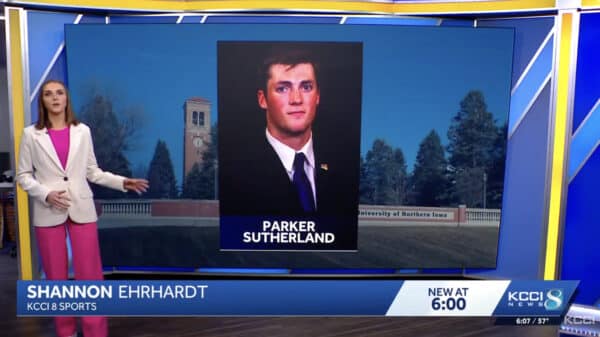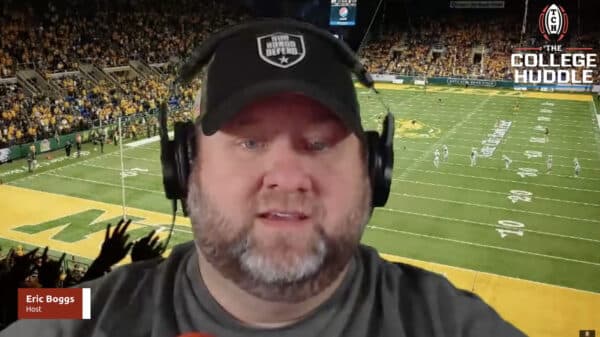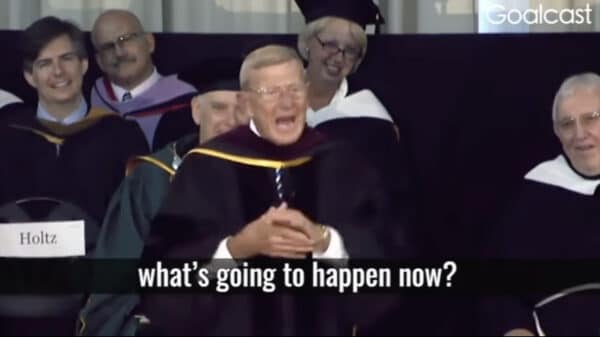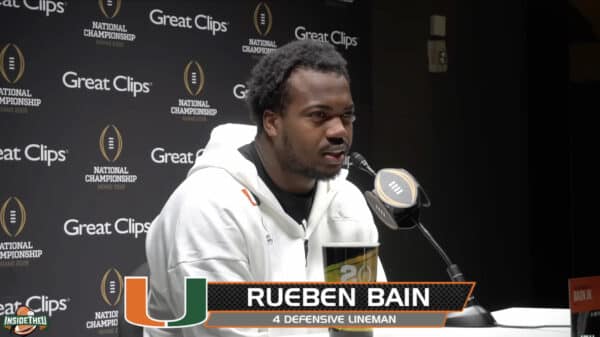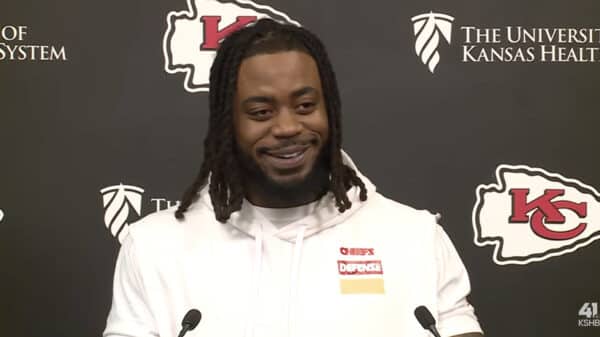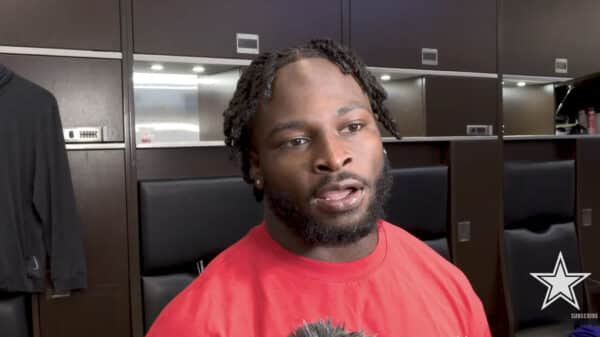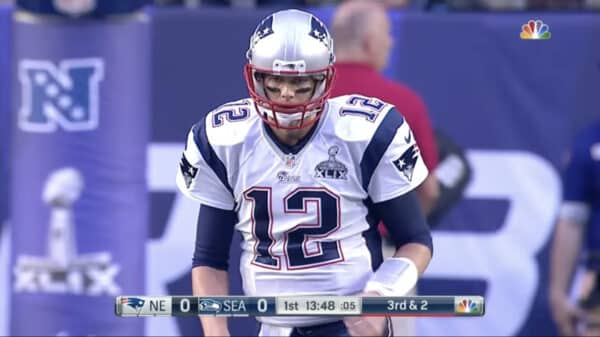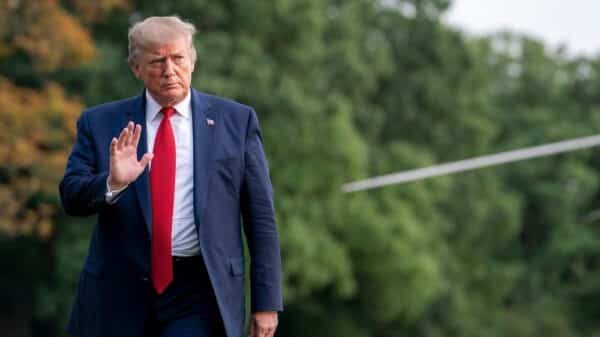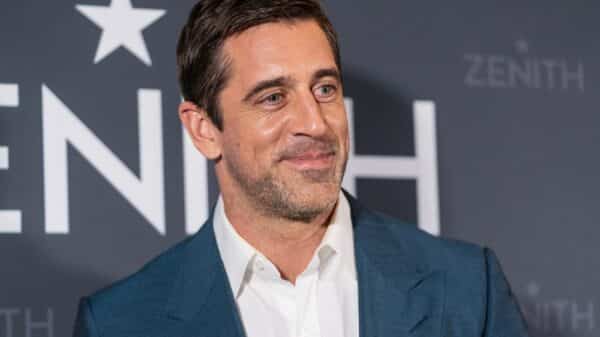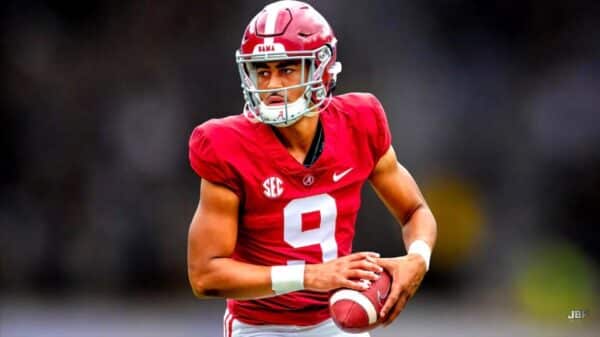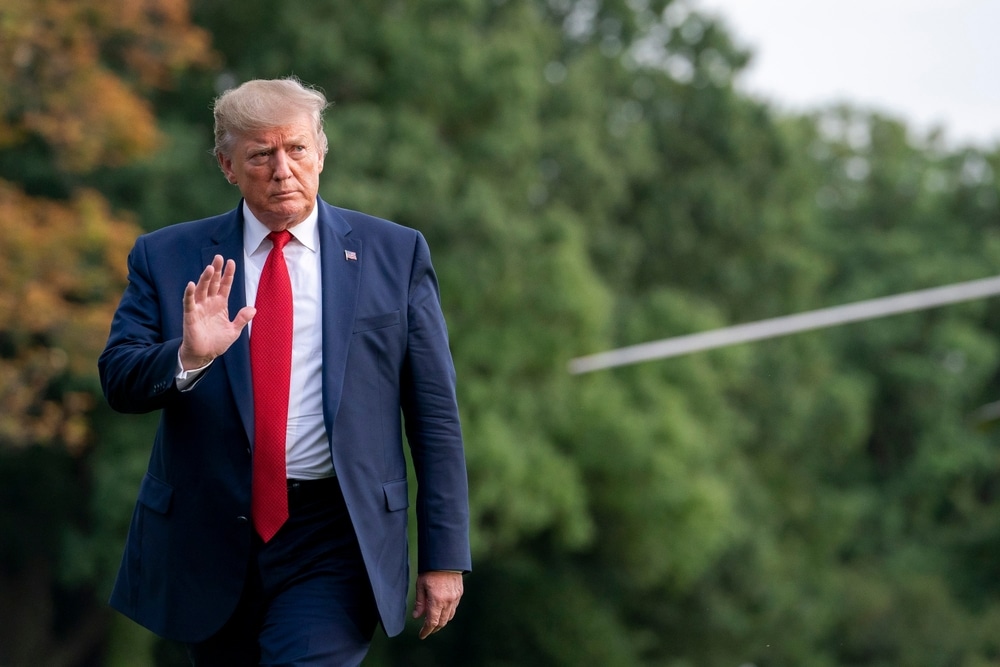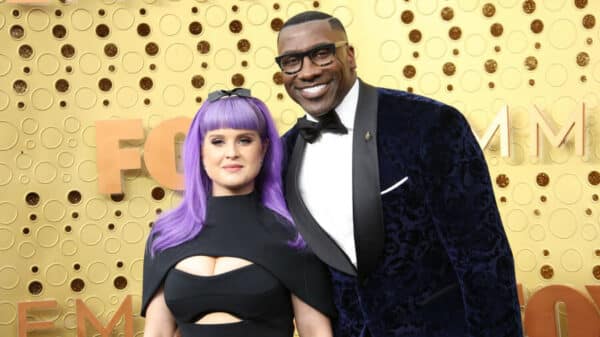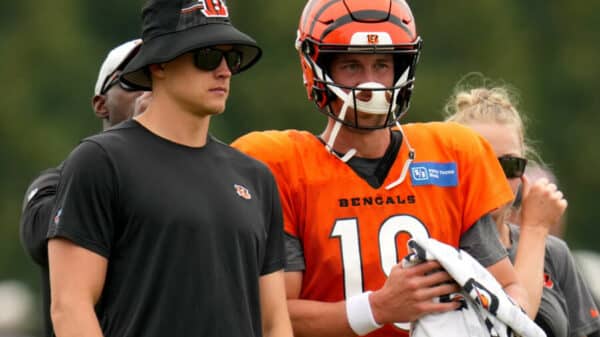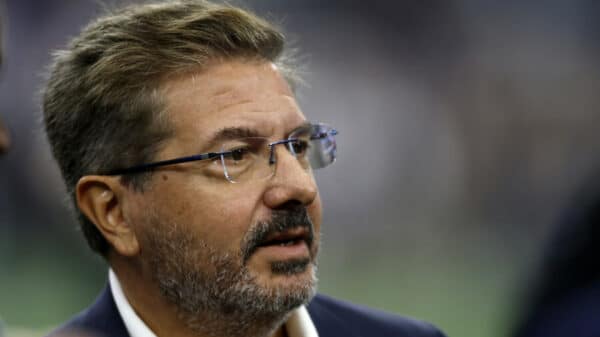President Donald Trump recently took to his Truth Social platform to advocate for a return to the former names of two professional sports teams: the Washington Commanders and the Cleveland Guardians. In his post, he argued that the name changes, which have become points of public contention, disrespect Native American heritage and fail to align with a substantial portion of public sentiment.
“Redskins” and “Indians,” according to Trump, should be reinstated, reflecting a supposed widespread support for such a move. He stated, “The Washington ‘Whatevers’ should IMMEDIATELY change their name back to the Washington Redskins Football Team. There is a big clamoring for this,” also including the Cleveland baseball team in his comments as “one of the six original baseball teams, with a storied past.” His language conveyed urgency, emphasizing a deep-rooted longing among what he described as “our great Indian people” to reclaim the prestige of their heritage.
The Washington Commanders, formerly known as the Redskins since 1933, changed their name in 2020 following a wave of racial justice protests ignited by the tragic death of George Floyd. This change was ultimately mandated by then-owner Dan Snyder, who initially rebranded the team as the Washington Football Team before officially adopting the Commanders name in 2022—a name that now carries its own significance for many fans and community members. After Snyder sold the franchise to Josh Harris in 2023, Harris firmly stated that the team would not be reverting to the old name, even amidst discussions about a potential new stadium. He expressed pride in the Commanders identity, suggesting that it has cultivated a positive spirit within the organization and its fanbase.
Meanwhile, in Cleveland, Paul Dolan, the owner of the Guardians, announced the change from the long-standing “Indians” moniker in 2021, a decision that he described as sparked by an “awakening” following George Floyd’s death. Though the Guardians’ name change marked the end of over a century using the previous name, officials have not indicated any plans to reverse this rebranding despite the vocal opposition from some fans and commentators who believe that the original names honored Native American culture rather than denigrating it.
While the rebranding has been celebrated by many as a step toward greater cultural sensitivity, it has also prompted spirited debates about tradition and identity within the context of modern America. The topic ignites deep feelings, with some fans committed to the history reflected in these team names, while others advocate for respect regarding cultural portrayals.
As we navigate conversations about identity and representation in sports, this discourse exemplifies the complexity of honoring heritage while striving for inclusivity. Fans, owners, and communities continue to grapple with these issues, reflecting a broader national conversation about understanding and honoring diverse narratives in American society. Whether one supports the name changes or longs for the past, it’s clear that the dialogue is as significant as the names themselves.
Image Source: Rawpixel.com / Shutterstock

